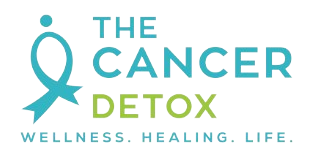Does Losing Weight Reduce the Risk of Prostate Cancer in African-American Men?
During a recent coaching session with a prostate cancer client, I listened closely as he explained how his weight had decreased while eating more plant-based on our program. He asked, “why didn’t you tell me that I’d lose weight on your program?” I thought for a second and replied, “it never crossed my mind to tell you that. I’m more concerned with you eating more plants and improving your health outcomes than promoting a weight loss program.” Facts on Obesity and Prostate Cancer Obesity is now linked to over 13 cancers and prostate cancer is no exception. Prostate cancer has dire consequences in African American men that are obese. Their risk of low-grade prostate cancer increases by 122% Their risk of high-grade prostate cancer increases 88% Estimates are that 37% of African American men are obese compared to non-Hispanic White men Prostate
Read More

